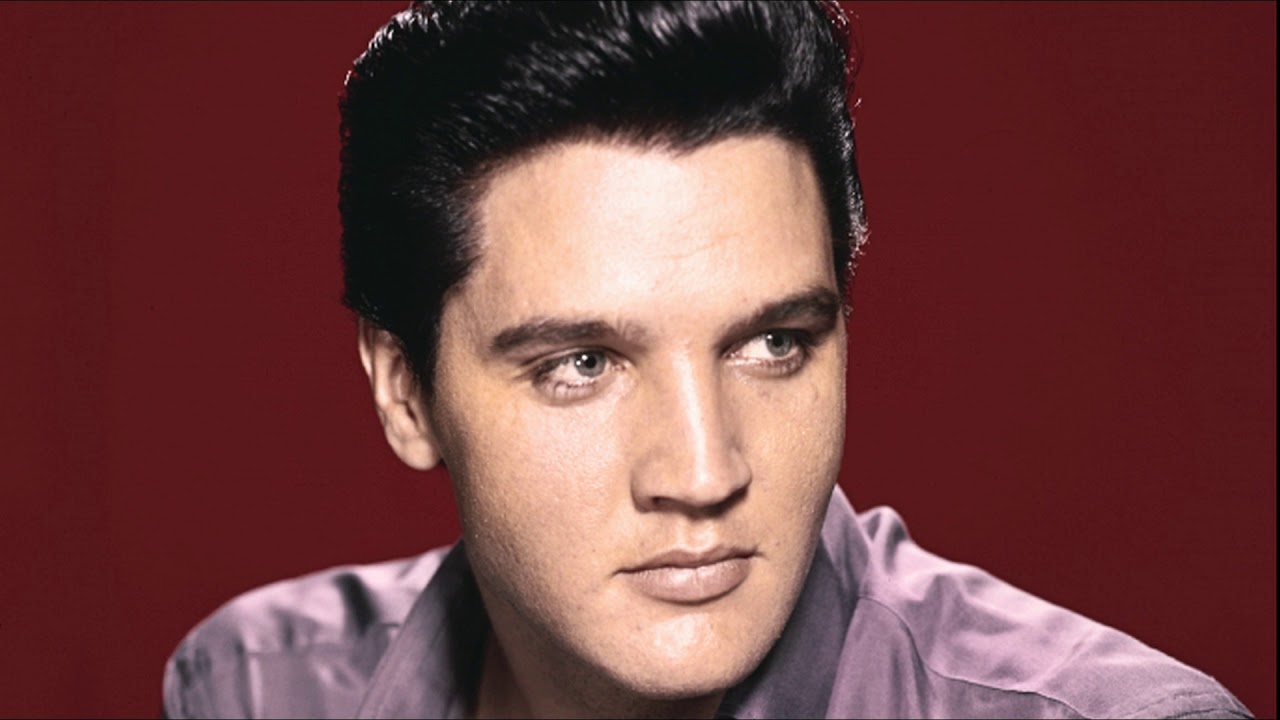
Love as a benediction, offered with a bowed head and a final wave goodbye.
In 1961, Elvis Presley carried a new kind of tenderness into the pop charts with “Can’t Help Falling in Love,” the signature ballad from the Blue Hawaii soundtrack. Issued as the A-side to “Rock-A-Hula Baby,” it rose to No. 2 on the U.S. Billboard Hot 100 and spent four weeks at No. 1 in the U.K.—a soft-spoken triumph amid an era otherwise obsessed with velocity and shock. The song would outgrow its film origins to become Presley’s nightly benediction—the number with which he sent audiences home—and, poignantly, the last song he ever sang onstage.
There is a quiet inevitability written into “Can’t Help Falling in Love.” Its melody borrows the centuries-old contour of “Plaisir d’amour,” the French air whose bittersweet wisdom suggests that pleasure is brief while love’s ache lingers. The writers—Hugo Peretti, Luigi Creatore, and George David Weiss—found, within that antique frame, a modern simplicity: a hymn of surrender, measured in careful steps and inevitable gravity. Presley respects that gravity. He doesn’t reach for the rafters here; he leans in. The vocal sits close to the microphone, confessional but regal, the way a man might speak in a chapel after the congregation has gone. Each line resolves like a vow, the Jordanaires cushioning his phrases while the arrangement moves with a gentle, oceanic sway. It is a ballad about yielding to a force larger than will, and Presley sings it as if he knows the cost and accepts it anyway.
By the late 1960s and through the 1970s, “Can’t Help Falling in Love” had become Presley’s ritual finale—the coda that followed the fireworks of “Suspicious Minds” or “Burning Love,” the hush after the roar. He used it to close Aloha from Hawaii via Satellite and other landmark performances; band, crew, and audience understood the choreography of farewell: the last chorus, the “Closing Vamp,” the quick exit, and the house lights rising to the immortal announcement that “Elvis has left the building.” The choice of this song as a curtain call says everything about his instincts. Rather than end with conquest, he ended with grace. Instead of a last shout, a last embrace.
And so we arrive at June 26, 1977—Market Square Arena, Indianapolis. Presley is weary but game, leaning on craft and charisma. The set is a survey of the legend, equal parts myth and mortal effort. Then comes the benediction. “Can’t Help Falling in Love” blooms one more time—simple, solemn, inevitable. He thanks the crowd; the vamp rolls; the curtain falls. It is his final performance, the last public expression of an artist who had shaped the century. Within weeks—on August 16, 1977—he is gone at 42, and the song’s closing function acquires a permanence none of us wanted. The encore never comes. What remains is this soft promise suspended in air, the way a prayer lingers after the last “amen.”
Today, on the anniversary of his passing, “Can’t Help Falling in Love” carries the weight of both a vow and a goodbye. It reminds us that Presley’s greatest power was not only in the hips or the howl, but in the humility to end with tenderness. When he sang “Take my hand, take my whole life too,” it felt less like a lover’s plea than an artist’s covenant with his audience: a promise of devotion he kept to his final night, and a farewell that still echoes in the quiet after the lights come up.